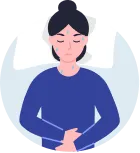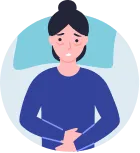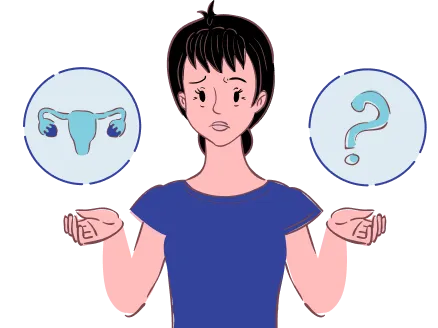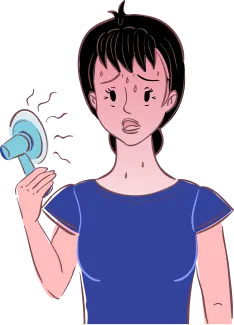
Hormonal changes leading to menopause and beyond mark a significant phase in every woman's life, impacting both body and mind in diverse ways.
Yet, within these changes lies an opportunity for self-discovery, a deeper understanding of your health, and a chance to set personal goals.
Learn more about menopause and embrace this transformative journey with WelivaTM Cimidona®, to navigate this phase with resilience, confidence, and an empowered sense of well-being.
What is Menopause?
Menopause is a natural process that marks the end of a woman's reproductive years. It occurs when the ovaries stop producing eggs and estrogen, the main female hormone.
Stages of Menopause
Menopause unfolds in three stages: perimenopause, menopause, and postmenopause.
Signs & Symptoms of Menopause
There are potentially up to 34 menopausal symptoms including:




















Learn more about postmenopausal symptoms and risks
During the postmenopausal stage, there may be additional signs and symptoms such as:
- Continued or new symptoms of menopause: hot flashes, vaginal dryness, and mood changes.





